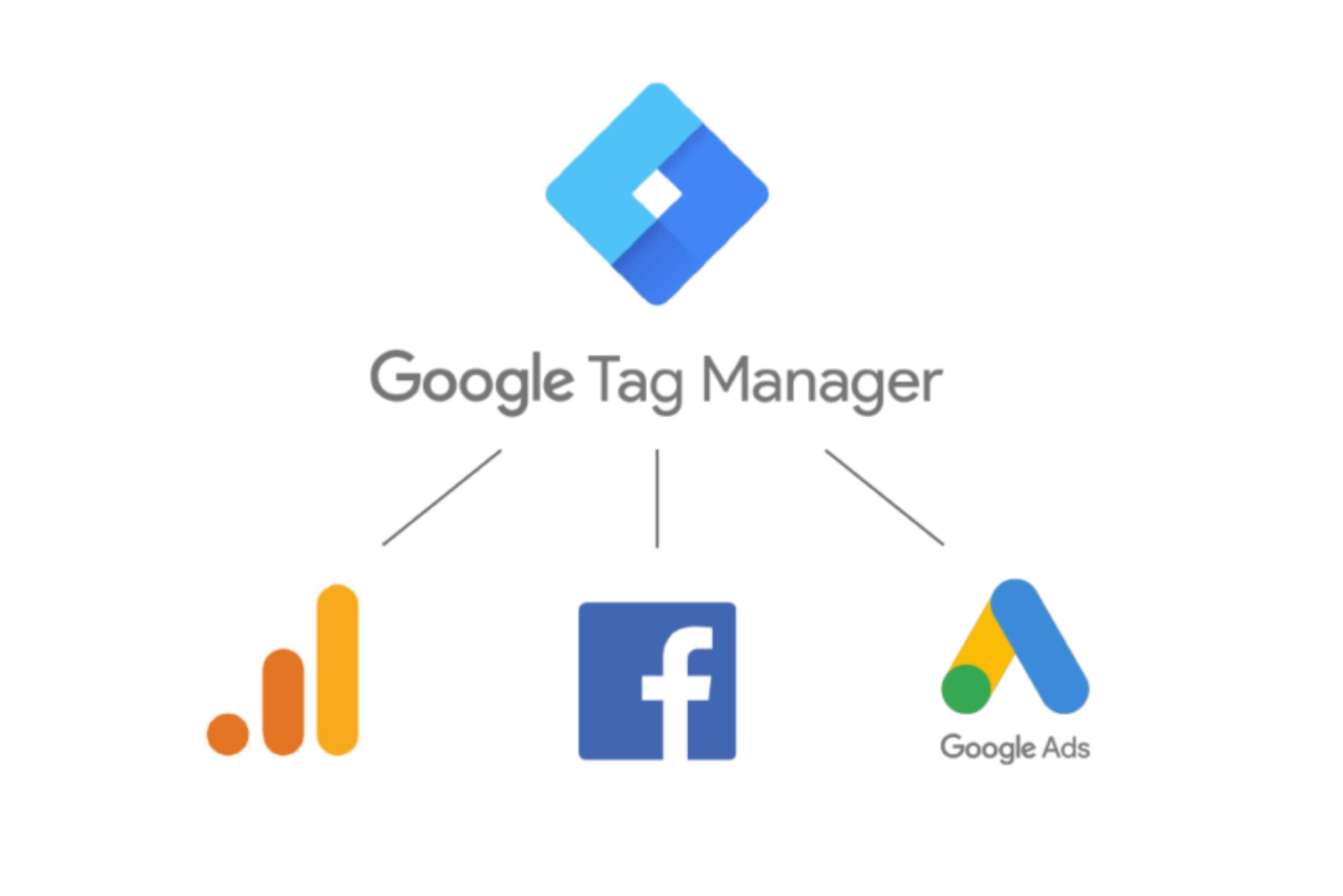#1 Tag Manager Course with Certification
Classroom Training | Live Online Session
Learn Tag Manager to maximize your effort and eventually amplify your skills with this Online & Offline Tag Manager Certification course.

1-on-1
Mentoring Sessions
Beginner
Course Level
Flexible Per Course
Timing
1000+
Students Trained
Tag Manager Certification Course Details
Industry-Relevant Curriculum
1:1 Mentoring Session with Expert Trainers
No Prior Experience/Knowledge required
Access to LMS
Dedicated Q&A Support & Doubt Solving Sessions
Practice Tests & Assignments
Get Brochure Now !
What Our Students Say
 “I enrolled for ProiDeators SEO, Social Media short-term certification courses. I am satisfied with this course and teaching. Also, I got all certificates from there for SEO & Social Media. I would totally recommend going for these short-term certification courses.”
“I enrolled for ProiDeators SEO, Social Media short-term certification courses. I am satisfied with this course and teaching. Also, I got all certificates from there for SEO & Social Media. I would totally recommend going for these short-term certification courses.”
– Pooja Yadav
Student of SEO & Social Media
 “Best short term course for Website Development & Google Analytics. Excellent institute for practical knowledge. It gives you quality as it promises. Specially the teachers are very good who teach with examples that make it easy to understand.” Best Digital Marketing Courses Institute.
“Best short term course for Website Development & Google Analytics. Excellent institute for practical knowledge. It gives you quality as it promises. Specially the teachers are very good who teach with examples that make it easy to understand.” Best Digital Marketing Courses Institute.
– Pratik Shirore
Student of Masters in Digital Marketing, India
Tag Manager Certification in Digital Marketing Training Courses at Thane, Mumbai – India
Tag Manager, also known as a Tag Management System (TMS), is a tool that simplifies the process of managing and deploying various tracking tags and snippets on a website. It allows marketers to implement and update tags without directly editing the website’s source code. This acts as third party tool that deploys different tracking code without hammering the website speed. It get triggers when users search for the website.
Benefits of using Tag Manager in digital marketing:
Tag Deployment: Tag Manager enables marketers to deploy various types of tracking tags on their website, such as analytics tags (e.g., Google Analytics), advertising tags (e.g., Google Ads conversion tracking), remarketing tags, social media tracking tags, and more. Instead of manually adding these tags to each webpage, Tag Manager provides a centralized platform to manage and deploy them across the site.
Simplified Implementation: With Tag Manager, marketers can implement tags without the need for coding or technical expertise. They can use a user-friendly interface to add and configure tags, eliminating the dependency on developers or making code changes. This streamlines the tag implementation process and reduces reliance on IT resources.
Tag Management: Tag Manager acts as a centralized hub for managing all tags on a website. It provides a single location to view, organize, and edit tags. Marketers can easily add, update, or remove tags as needed, all from within the Tag Manager interface. This simplifies the management and maintenance of tracking tags, particularly for websites with multiple tags across different pages.
Version Control and Publishing: Tag Manager includes version control functionality, allowing marketers to keep track of changes made to tags over time. They can create multiple versions of tag configurations, test them, and then publish the changes to the live website when ready. This ensures better control, documentation, and accountability in the tag deployment process.
Rule-based Triggers: Tag Manager allows marketers to define rules or triggers that determine when and where tags are fired. Triggers can be based on specific events, such as page views, form submissions, button clicks, or other user interactions. This level of control ensures that tags are deployed only under specific conditions, reducing unnecessary tracking and improving website performance.
Testing and Debugging: Tag Manager provides tools for testing and debugging tags before they are published. Marketers can preview how tags will behave on specific pages and check if they fire correctly. Debugging tools help identify and troubleshoot issues with tag implementation, ensuring accurate data collection and tracking.
Integration with Third-Party Tools: Tag Manager integrates with various third-party tools and platforms, such as analytics platforms, advertising platforms, remarketing platforms, and more. This allows marketers to easily connect their preferred tools and manage all tags within Tag Manager, streamlining the integration process and reducing dependencies on manual tag implementation.
By using Tag Manager, marketers can have more control, flexibility, and efficiency in managing tracking tags on their website. It simplifies the implementation, updating, and maintenance of tags, reducing reliance on developers and making it easier to deploy and manage various marketing and analytics tools on a website.
